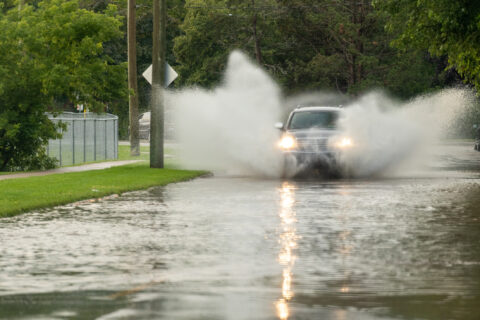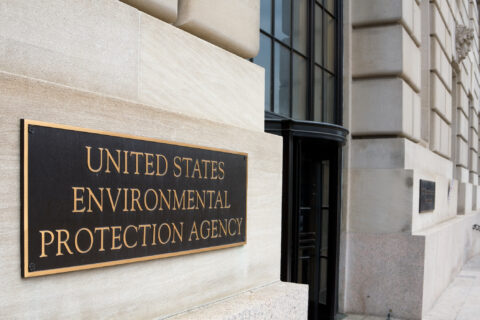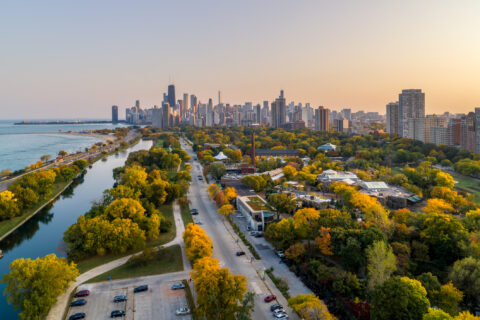Co-authored by Damion DeShield
This blog series highlights key takeaways from the National League of Cities’ Congressional City Conference Deep Dive Sessions. In the series, we delve into the pressing issues and innovative solutions discussed by city leaders, experts and federal agencies at the forefront of municipal governance.
Attendees at NLC’s March Congressional City Conference had an opportunity to discuss challenges, innovations, and opportunities for managing stormwater, improving water infrastructure, expanding outdoor recreation, revitalizing brownfield sites, improving solid waste and recycling, addressing wildfires, and more.
Through a combination of presentations and roundtable discussions, city leaders explored strategies for addressing these challenges, leveraging federal resources to support local initiatives and participating in peer-to-peer exchange of ideas. Local leaders gained important connections to federal agencies and subject matter experts on the most pressing issues facing local governments.
A significant aspect of these discussions revolved around resources related to the Justice40 initiative, which aims to direct at least 40 percent of the benefits of certain federal investments to disadvantaged communities. Justice40 reflects the commitment to equitable distribution of resources and opportunities, aligning closely with the goals of local leaders striving to enhance the well-being of their communities.
Insights from peer-to-peer roundtable discussions
After hearing from federal agency speakers, local leaders engaged in lively roundtable discussions with colleagues from across the country, sharing insights and experiences from their respective communities.
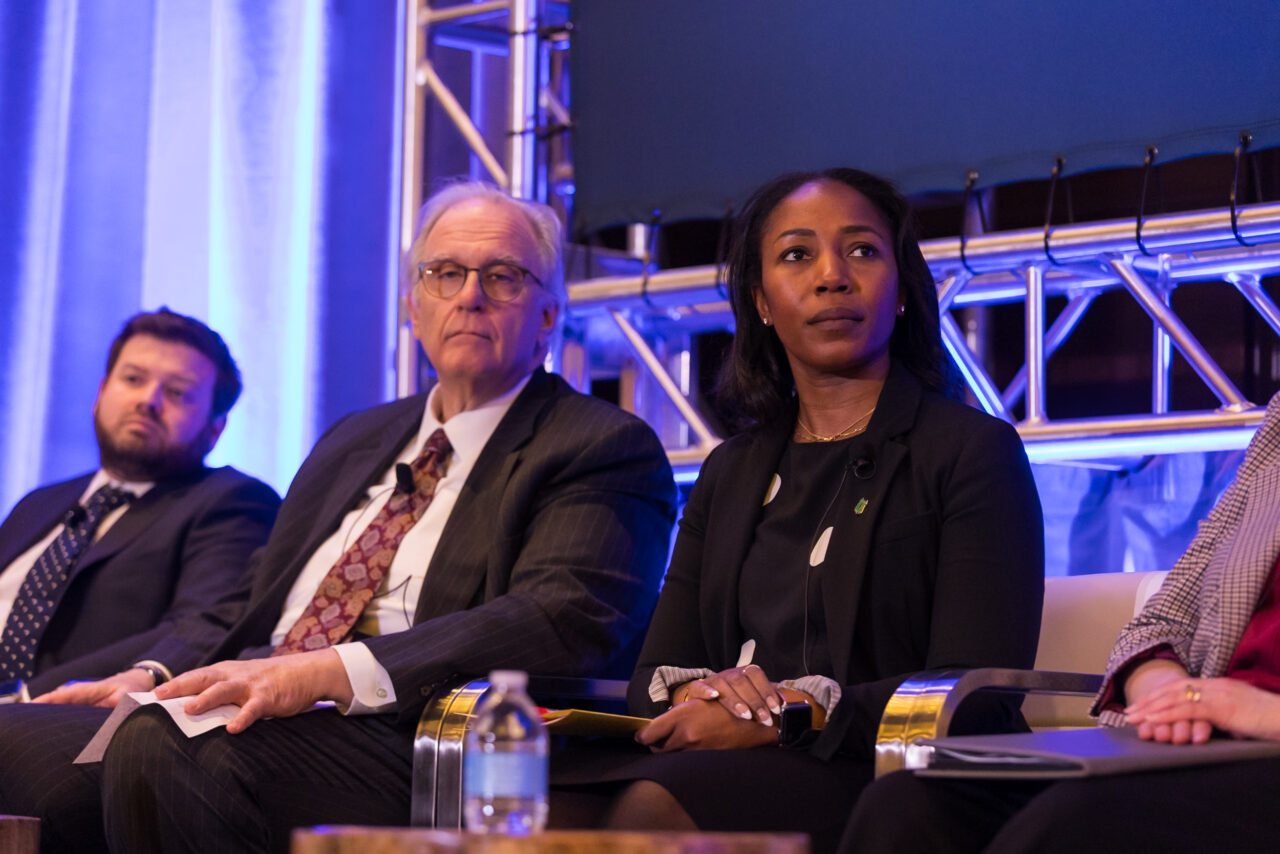
City officials from across the country discussed upgrading aging water systems, managing stormwater, and protecting water quality. They also shared their efforts to revitalize industrial areas into mixed-used spaces with integrated parks and outdoor recreation opportunities and to promote equitable access to open spaces. Other key topics included innovative strategies for disaster preparedness and wildfire risk management, such as protecting potable water sources and water-efficient landscaping. Sustainable waste practices also underline community efforts to enhance resilience and protect the environment.
Through both deep dive sessions and the opportunity to meet one-on-one with federal agencies, CCC attendees were able to gain key connections and insights to address their most pressing challenges. By leveraging federal support and innovative solutions, cities can address critical issues and build more resilient, sustainable communities for the future.
Below are some of the key resources and programs that federal agency speakers highlighted at the deep dive session.
Zach Schafer, Senior Advisor to the Assistant Administrator for Water
Office of Water, U.S. Environmental Protection Agency (EPA)
- Investment in Water Infrastructure: The Bipartisan Infrastructure Law provides a historic $50 billion investment in water infrastructure to help communities protect their water resources. This funding will support upgrades to aging water facilities and address issues such as PFAS contamination. Learn more at epa.gov.
- Technical Assistance: The EPA highlighted the availability of technical assistance through a one-stop portal to help cities navigate water infrastructure challenges, including cybersecurity for water systems. Learn more at epa.gov.
Chris McLean, Assistant Administrator, Rural Utility Service for Electric Programs
Rural Development Office, U.S. Department of Agriculture (USDA)
- Support for Municipal Utilities: USDA Rural Development offers loans and grants exclusively for municipal and nonprofit water entities to invest in water and sewer infrastructure. Additionally, funding is available for rural housing and economic development initiatives. Learn more at rd.usda.gov.
- Lead Abatement Programs: USDA water and environment programs provide funding for drinking water and wastewater systems, as well as solid waste disposal systems. Funding can be used for lead abatement projects to address lead contamination in water systems and housing, supporting efforts to improve public health and safety. Learn more at rd.usda.gov.
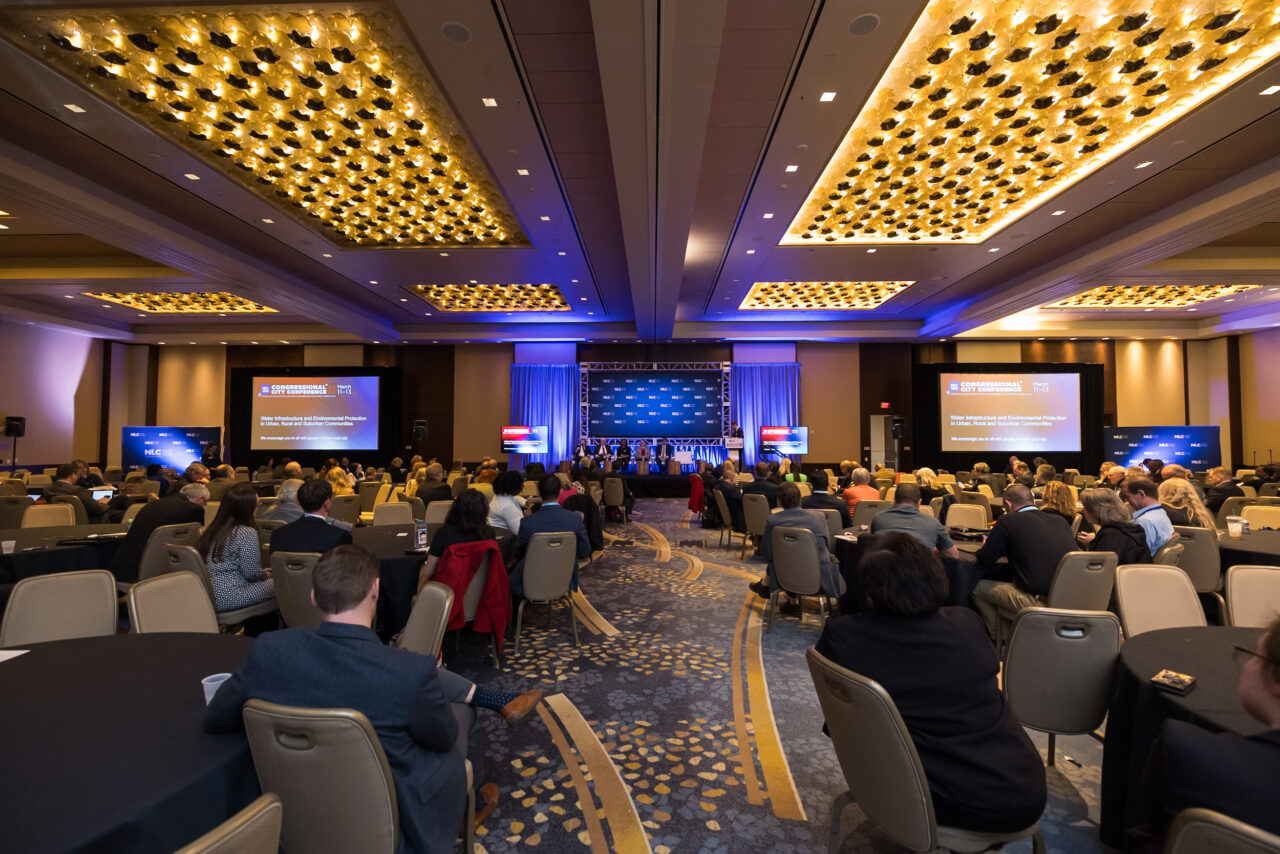
Beattra Wilson, Acting Deputy Chief for State Private and Tribal Forestry
Forest Service, U.S. Department of Agriculture (USDA)
- Community Forestry Programs: The USDA Forest Service highlighted funding opportunities for urban and community forestry projects, including tree planting and maintenance initiatives. These programs support efforts to mitigate wildfire threats and enhance green spaces in cities. Learn more at fs.usda.gov.
- Wildfire Protection Grants: The Community Wildfire Defense Grant Program provides funding to protect vulnerable communities from wildfire risks, supporting efforts to improve fire resilience and emergency preparedness. Learn more at fs.usda.gov.
Lauren Imgrund, Associate Director, Partnerships and Community Engagement
National Park Service (NPS), U.S. Department of the Interior
- Parks and Recreation Funding: NPS highlighted funding programs such as the Land and Water Conservation Fund, which provides grants to communities for park development and redevelopment projects. These programs promote outdoor recreation and conservation efforts nationwide. Learn more at doi.gov.
- Technical Assistance: NPS offers free technical assistance through the Rivers, Trails, and Conservation Assistance program to help communities establish new parks, trails, and greenways, including brownfield redevelopment projects. Learn more at nps.gov.
- Outdoor Recreation Legacy Partnership Grants Program: The Outdoor Recreation Legacy Partnership program, funded through the Land and Water Conservation Fund, provides dollar-for-dollar matching grants to aid disadvantaged urban communities in developing or renovating outdoor recreation spaces. Learn more at nps.gov.
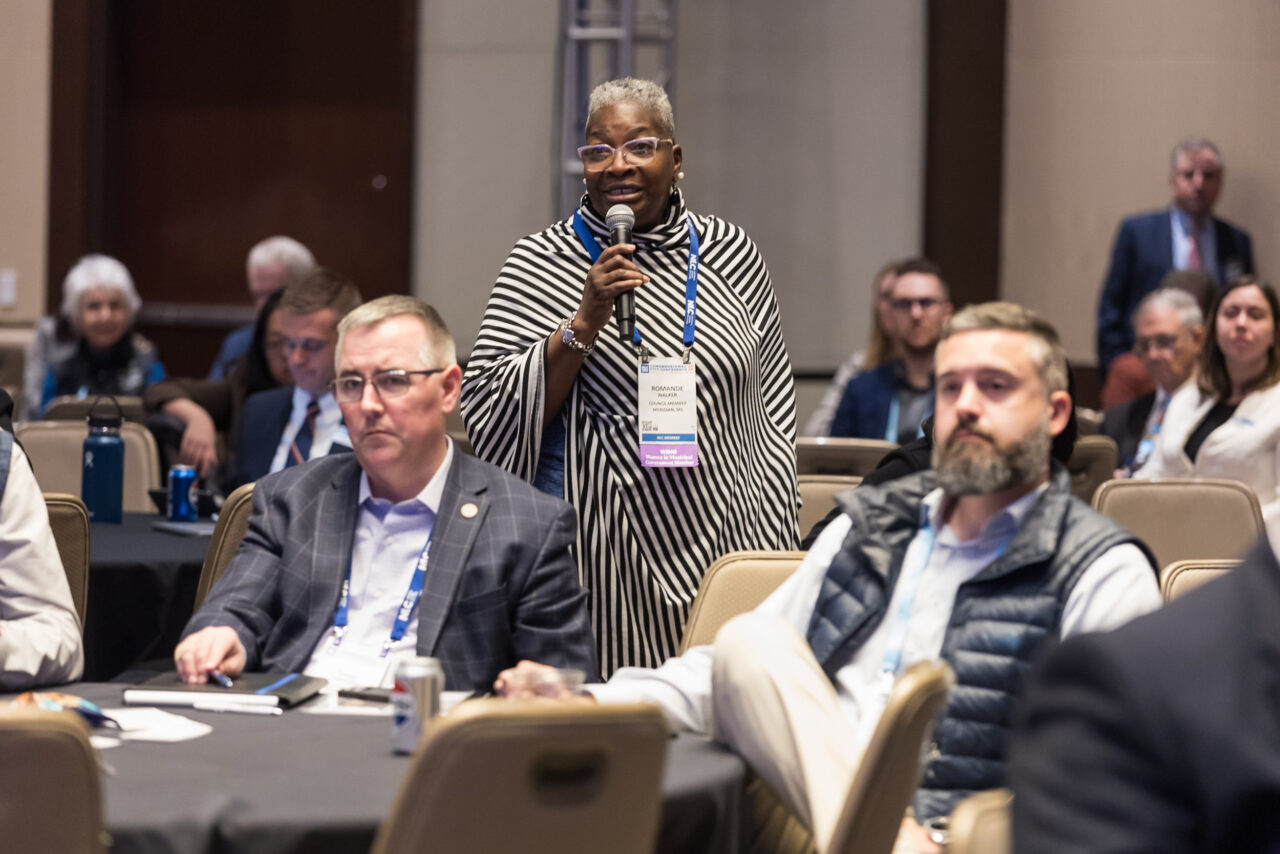
Cliff Villa, Deputy Assistant Administrator
Office of Land and Emergency Management, U.S. Environmental Protection Agency
- Brownfields Program: EPA provides funding for brownfields assessment, cleanup and redevelopment projects, helping cities revitalize contaminated properties and promote economic growth. These grants support workforce development and environmental stewardship initiatives. Learn more at epa.gov.
- Recycling Infrastructure: EPA announced new grant programs for recycling infrastructure and education, addressing challenges related to solid waste management and promoting sustainable practices in communities. Learn more at epa.gov.
Learn More
To learn more about these programs and innovative local practices, register for the City Summit in Tampa Bay, Florida, from November 13 to 16.


